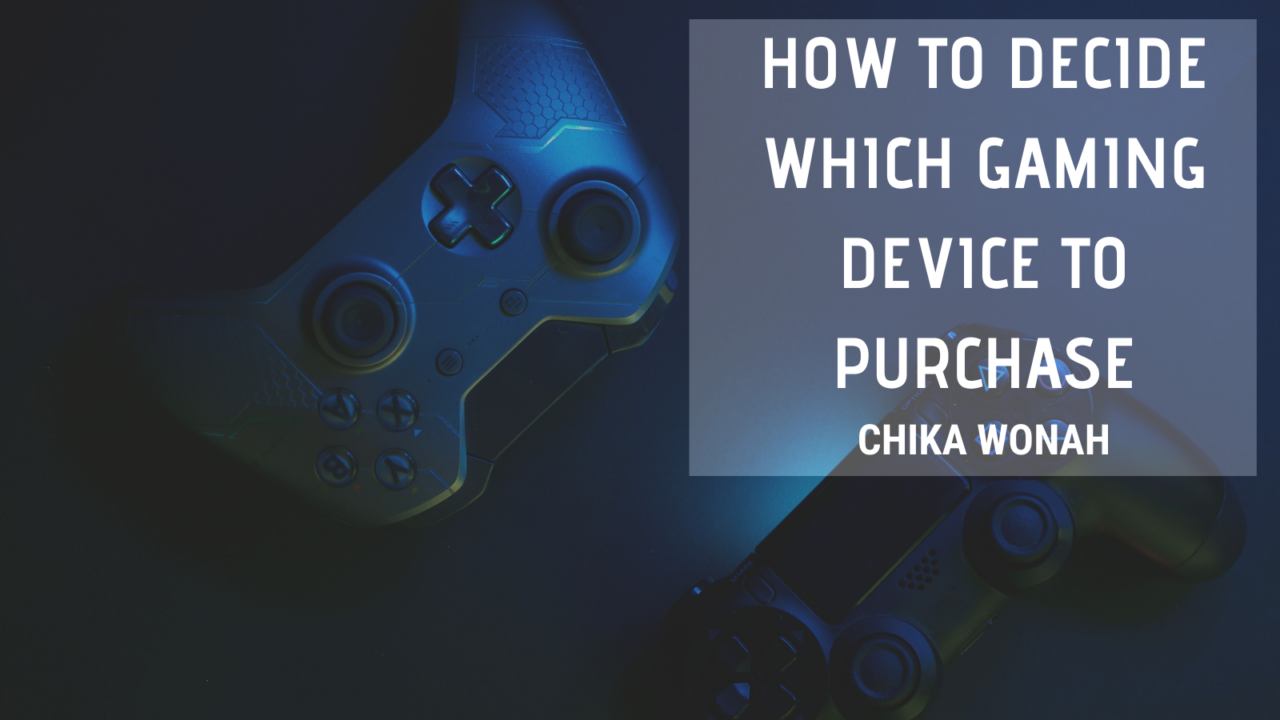Choosing a suitable device can be daunting in the rapidly evolving gaming world. With many options available, including consoles, PCs, and handheld devices, making an informed decision is crucial to ensure an optimal gaming experience. Here’s a guide to help you navigate the sea of choices and decide which gaming device suits your preferences and needs.
- Define Your Gaming Preferences: Understanding your gaming preferences is the first step in making a wise decision. Consider the types of games you enjoy, whether graphic-intensive AAA titles, indie games, or competitive online multiplayer experiences. Different devices cater to diverse gaming preferences, so identifying your priorities will help narrow your options.
- Performance Requirements: Evaluate the performance capabilities of each gaming device. PC gaming offers unparalleled customization and performance potential, while consoles provide a more standardized but robust experience. If you’re a graphics enthusiast who wants the best visuals and frame rates, a high-end gaming PC might be the ideal choice. However, a console could be more suitable if you prefer simplicity and consistency.
- Exclusive Titles: Each gaming platform boasts exclusive titles, compelling gamers to choose based on their desired games. Research the exclusive titles available on each device and consider which ones align with your interests. Exclusive titles can heavily influence your decision, whether it’s the iconic franchises on consoles, indie gems on PCs, or unique handheld games.
- Budget Considerations: Your budget determines your suitable gaming device. PCs can be more expensive initially, but they offer upgradability and versatility. Conversely, consoles have a fixed cost but may require additional expenses for accessories or online subscriptions. Handheld devices like gaming laptops or portable consoles fall somewhere in between. Carefully assess your budget and factor in potential additional costs before deciding.
- Future-Proofing: Consider the longevity and future-proofing of your chosen device. Gaming technology evolves rapidly, so investing in a device with sufficient power and upgrade potential ensures it remains relevant for longer. With their upgradeability, PCs often have a longer shelf life than consoles. However, consoles are designed with a specific life cycle in mind and usually receive continuous support for several years.
Choosing a suitable gaming device is a personal decision that depends on your gaming preferences, performance requirements, exclusive titles, budget, and future-proofing considerations. By carefully weighing these factors, you’ll be better equipped to make an informed decision that aligns with your gaming needs, ensuring countless hours of immersive and enjoyable gameplay.
